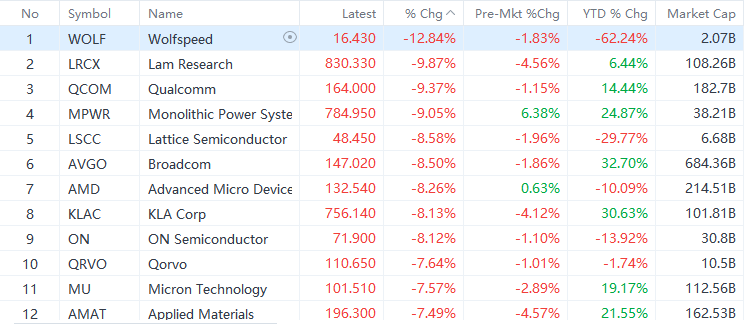Before the much-anticipated interest rate cut, more and more signs indicate that the risk of economic recession in the US is rising. In July, the US manufacturing PMI contraction reached the largest in eight months. On the same day, the US June construction spending monthly rate also recorded a -0.3%, the largest decline since October 2022, far below the expected 0.2%, and the previous value was revised down. The labor market is also slowing down, and last week's initial jobless claims hit a one-year high. The FOMC statement no longer says "still highly concerned about inflation risk," but instead focuses on the risks facing the dual mission of employment and inflation. Investors are anxiously waiting for the July non-farm payrolls data to be released on Friday morning. Once the unemployment rate rises to 4.2%, it will trigger the economic recession alarm of the Sahm Rule, and the accuracy rate of this indicator in predicting the past 50 years is 100%.






Zamm : The news isn't tell the overall pictures. How about the Middle East factors? Do they wasn't knock US door? There a many hidden story, yet chip, AI & tech sector to be blame.
vicky1979 : Buying opportunity
72609771 : Can I invest china stock via moomoo?
EZ_money : FUD
EZ_money 72609771 : yeah
104247826 :![undefined [undefined]](https://static.moomoo.com/nnq/emoji/static/image/default/default-black.png?imageMogr2/thumbnail/36x36)
Sar_sha :



悲哀小韭菜 72609771 : Aren't you crazy?
Gilley : looks strong asf now so dum
so dum
Zimbo : Stupid article!!! To instill fear in people.
View more comments...